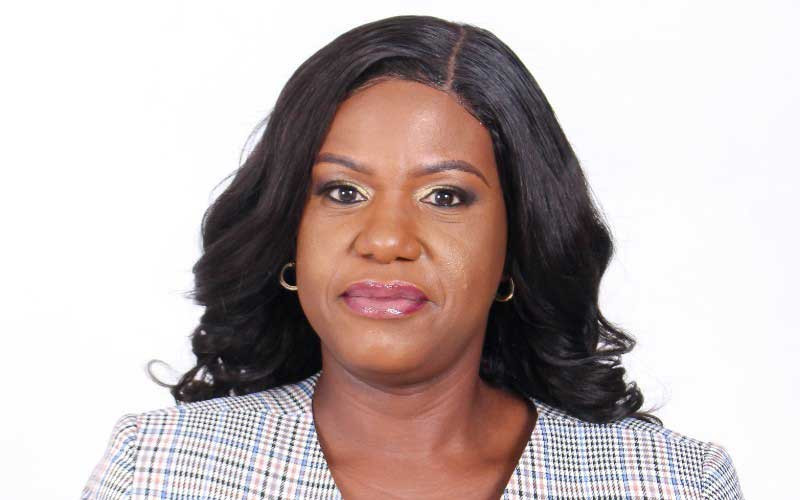
THE central bank’s high interest rate regime came under scrutiny at the weekend, as Zimbabwe Stock Exchange-listed ZB Financial Holdings Limited called for more aggressive cuts despite a review announced two weeks ago.
Interest rates — the profit that banks charge clients who borrow from them — determine the overall pricing system in an economy.
They have a huge say in the trajectory that inflation takes — and central banks worldwide have spent the past year keeping an eagle eye on rates — to protect economies that have come under pressure from spiralling costs.
ZB chief financial officer Emmah Mugoni told a meeting of the country’s top business leaders in Harare on Thursday that following a 50-percentage point rate cut, more aggressive reviews were vital to bring it to 80% before December.
The RBZ’s February 2023 Monetary Policy Statement (MPS) reviewed the policy rate to 150% — still the world’s highest — but much lower than 200% before.
Mugoni, who gave her insights into several parts of the MPS, said there were still aspects of the policy that should be reviewed to place markets in the right frame.
She has supporters among bankers, some of whom were among the crowd that gave her a standing ovation as she wound up her presentation.
But it is not clear if the RBZ is prepared to budge and abandon its tougher stance, which it credits for reversing months of vertical inflation surges in 2022, but has been slammed for holding back lending and spending power, with dire consequences.
- CEOs plot hedging strategies to tackle deepening crisis
- CEOs plot hedging strategies to tackle deepening crisis
- Industrialists expose gaps in re-engagement push
- Business sector plagued by uncertainty
Keep Reading
“The downward revision of bank policy rate to 150% (was) a welcome move given that interest rates were too onerous for businesses,” Mugoni said, as she shared the bank’s thoughts on the MPS during a meeting organised by CEO Africa Roundtable.
“However, we expect the interest rates to be further revised downwards to an average 80% before year end. Unfortunately, the existence of dual currency means a need to review, relook and recalibrate the inflation determination method,” she added.
“Banking industry capital thresholds (were) maintained — a welcome move given the potential risk posed by variables such as exchange rate volatility and inflation. The threshold remains at US$30 million. Non-funded income remains one of the major revenue lines for the banking and financial services sector. (The) insurance and pensions industry is the largest sector in the financial sector and yet the current products do not cover for the loss of value over the period, especially for the pensioners.”
Added Mugoni: “The monetary policy overlooked the urge to find ways to preserve value for clients in this industry. Most businesses are underinsured, while laws of the land do not permit insuring assets outside the country. There is need to develop products which speak to a re-dollarising the economy and monetary policy should facilitate and promote that.
“Currency management remains a headache, to solve it the monetary policy should have pushed for a more credible exchange rate determination system outside the auction and willing buyer willing seller model at the banks’ level. A mispriced exchange rate is a major driver of confidence deficit in the local currency.”










